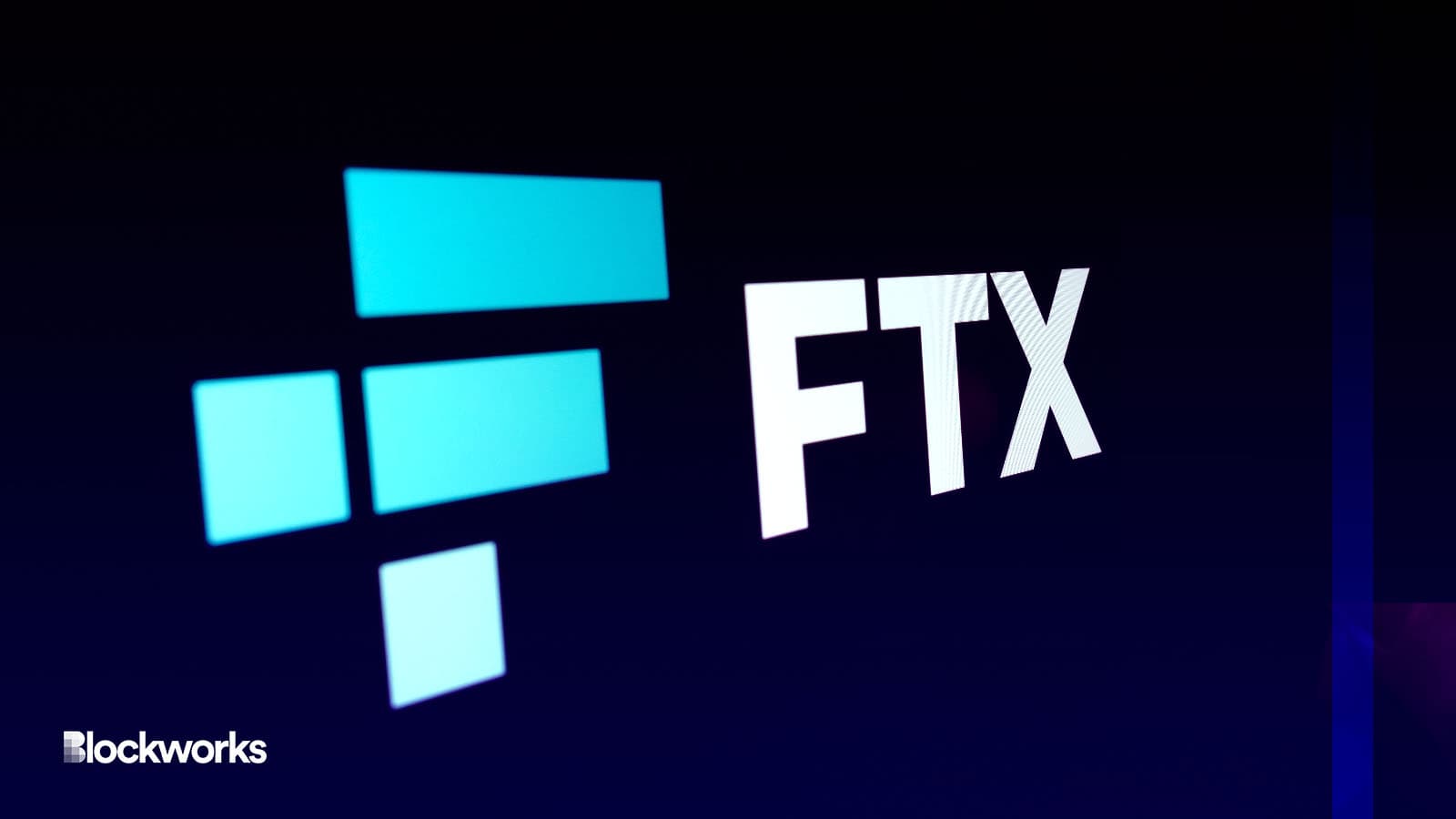Attorney General Recuses Herself From Criminal Investigation Into Former FTX Executive
Nishad Singh, a former FTX executive, made a $500,000 donation to Oregon’s Democratic party last October

mundissima/Shutterstock modified by Blockworks
The Oregon Department of Justice is heading up a criminal investigation into a former FTX executive, though an attorney general has recused herself from the investigation.
According to a May 18 press release, the Oregon Department of Justice took over the investigation into Nishad Singh’s $500,000 donation to the Democratic Party of Oregon last October.
The Oregon Elections Division referred the case to the Oregon DOJ after a seven-month investigation, claiming “sufficient information” to justify the criminal investigation.
“Nishad Singh admitted under oath in the U.S. District Court for the Southern District of New York that he agreed to make political donations in his own name that were funded with money from Sam Bankman-Fried’s companies FTX and Alameda,” Elections manager Alma Whalen said in a press release.
However, the attorney general at Oregon’s DOJ, Ellen Rosenblum, recused herself from the case.
A spokesperson told the Oregon Capital Chronicle that the recusal will cover the “review, investigation or prosecution” that comes from the elections division’s referral.
The Oregon Department of Justice’s office did not immediately respond to a request for comment.
Rosenblum is a Democrat with a history of giving money from her campaign fund to Democrats. As the Oregon Capital Chronicle reported, both elected officials and candidates contribute to political action committees (PACs) for parties or political caucuses.
Deputy Attorney General Lisa Udland will lead the investigation.
Oregon does not have a campaign contribution limit, but it is a felony to make or accept a donation under a “false name.” As a Class C felony offense, anyone found guilty could face up to five years in prison as well as a fine of up to $125,000.
The investigation comes after state election officials fined the Oregon Democratic Party $35,000 for failing to register the donor’s identity. An investigation that led to a settlement agreement later lowered the fine amount to $15,000.
The Elections Division did not find “clear evidence” that the party knew the donor when the contribution was reported. Going forward, the Secretary of State will monitor financial disclosures from the party.
In February, the SEC charged Singh with defrauding investors for a “multiyear scheme to defraud equity investors” in FTX.
Singh was also one of three executives who could make illicit transfers to Alameda Research to cover “financial losses.”
As Blockworks has previously reported, Singh received around $587 million in compensation out of a $3.2 billion total received by the top brass at FTX.
Get the news in your inbox. Explore Blockworks newsletters:
- The Breakdown: Decoding crypto and the markets. Daily.
- 0xResearch: Alpha in your inbox. Think like an analyst.






